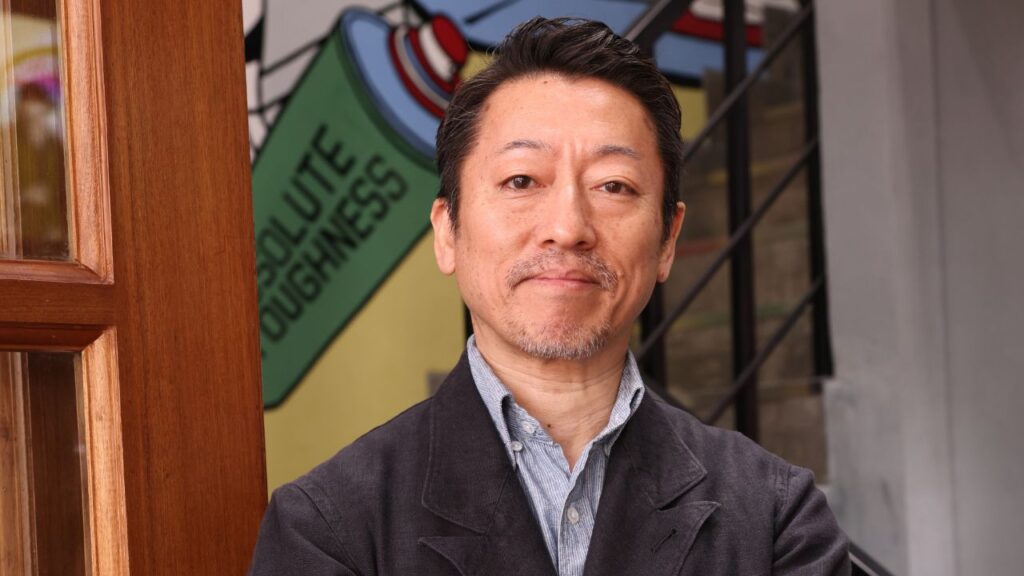1. What’s your leadership mantra in the fast-evolving tech landscape
My leadership philosophy is anchored in agility, innovation, and customer-centricity—guided by Casio’s creed of ‘Creativity and Contribution’. We adapt quickly to change by embracing technologies, while staying grounded in our core values of durability and trust. Our focus is on building a culture that empowers talent, encourages learning, and promotes collaboration—with accountability at its core. Rather than chasing every trend, we prioritize meaningful innovation that addresses India’s unique needs across education, lifestyle, and business. While we benefit from Casio’s global R&D, we localize solutions to ensure relevance—whether it’s affordable calculators or youth-driven G-SHOCK designs. Balancing long-term sustainability with short-term agility, we aim to create enduring value, not just momentary disruption.
2. How do you inspire and motivate your team during a challenging time?
I inspire my team by leading with transparency, empathy, and a clear vision. I ensure open communication—acknowledging difficulties while reinforcing our shared goals. Recognizing efforts, fostering collaboration, and maintaining a positive yet realistic outlook keeps morale high. I also empower my team with trust, resources, and the belief that challenges are opportunities to innovate and grow stronger together.
3. Tell us about a major screw-up in your career—what went wrong and what did you learn?
Early in my leadership journey, I learned a critical lesson: even the best strategies can fall short without local insight. When I was the Head of Sales at one of our overseas subsidiaries, I focused too much on aligning with the headquarters’ strategies and overlooked input from the local team, leading to poor market fit, underperformance, and low morale.
Recognizing this gap, I initiated open dialogues with local staff to understand their perspectives and challenges. I established regular meetings to co-develop strategies that balanced headquarters’ objectives with local market needs and delegated decision-making authority to local managers, fostering a sense of ownership and accountability.
By embracing a more inclusive and collaborative approach, we realigned our strategies to better suit the local market. This shift not only improved sales performance but also enhanced team cohesion and morale.
4. What’s a mistake you see many young tech entrepreneurs making?
One common mistake I observe among young tech entrepreneurs is focusing too much on innovation for the sake of disruption, without fully understanding market needs or sustainability. Many brilliant minds develop cutting-edge solutions but overlook practical business fundamentals—scalability, cost efficiency, and long-term customer value. My advice? Build with purpose, not just novelty, and always validate your ideas with the market before scaling.
5. How do you handle failure, and how do you encourage a failure-friendly
Failure is natural — it’s where true learning begins. For me, failure triggers reflection, strengthening, and recalibration so we can deliver better outcomes next time. I believe failure only has value when we confront it, learn from it, and apply those lessons with purpose. I never let failure go unaddressed.
To build a failure-friendly culture, I encourage open discussions about what went wrong, without blame, focusing instead on solutions and continuous improvements. It’s about shifting the mindset from fearing mistakes to embracing curiosity, learning and growth.
6. How do you unplug from the tech world? Or do you? Any non-negotiable habits?
I make it a priority to disconnect intentionally. One non-negotiable habit is dedicating time to mindfulness—whether through early morning walks, yoga, or simply switching off devices for an hour to read or reflect. Ultimately, balance is key. Technology empowers us, but stepping away from it consciously ensures we stay grounded and innovative in our thinking.
7. What books that changed your perspective on leadership & Technology
One book that profoundly shaped my perspective on leadership is “The Path” by Konosuke Matsushita, often called the ‘God of Management.’ In this collection of essays, Matsushita shares his philosophy of servant leadership, emphasizing the importance of putting the well-being of employees and society first. His principles – leading with humility, purpose, and a strong sense of social responsibility – have deeply influenced my leadership approach, reminding me to balance business objectives with ethical considerations and the greater good.
8. Podcasts and inspiring quotes that you want to recommend to our readers
One quote that has always stayed with me — and is deeply rooted in the spirit of one of our brands, G-SHOCK — is: “Never Give Up.”
This mindset comes straight from the story of Kikuo Ibe, the father of G-SHOCK. When Ibe set out to design an unbreakable watch, he faced countless failures – more than 200 prototypes broke during testing. But he persevered, leading to the revolutionary shock-resistant structure we know today.
It’s a powerful reminder to stay resilient, push forward, and face challenges head-on, no matter how tough things get.


